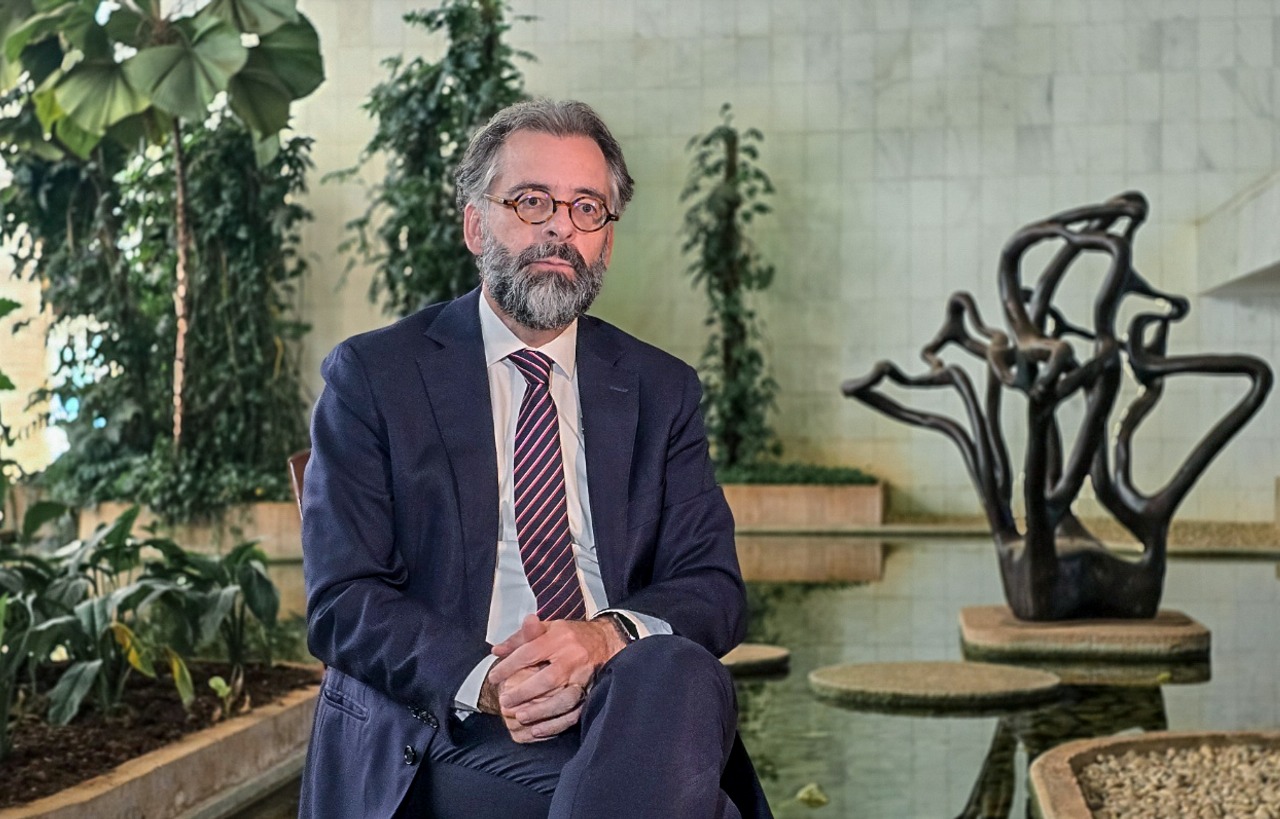Mauricio Lyrio: Brasil has “Unique Credentials” in Climate Negotiations and is a Model of Action
The leader of the Brazilian negotiations at COP30 highlights the renewable energy matrix and forest preservation as an international example. He also advocates for the effective implementation of climate agreements.

By Mayara Souto / COP30
With less than two months to go before COP30, Mauricio Lyrio, Secretary for Climate, Energy and Environment at the Ministry of Foreign Affairs (Itamaraty) and head of Brazil’s negotiating delegation, says the country holds internationally recognized credentials in the climate arena and is working to ensure that the decisions made at COP30 are translated into concrete actions to confront climate change. The country’s progress in its energy transition and in preserving its forests also stands out internationally, according to the ambassador.
“Brasil has unique credentials when it comes to climate negotiations, but beyond that, I would also highlight its public policies and Brasil’s own distinctive characteristics that contribute to fighting climate change. Brasil underwent an energy transition—making its energy matrix more renewable—long before the global debate on climate change even began,” said the ambassador, in an exclusive interview with the COP30 website.
He also underscored the value of Brazil’s natural heritage. “Brasil has this extraordinary biological heritage, being a country with vast forest coverage. More than half of Brazilian territory is occupied by native, original forests—not just the Amazônia Rainforest, but other forests as well”, he added.
Renewable Energy
Brazil is regarded as a global example in the use of renewable energy, according to Lyrio. Today, more than 90 percent of the national electricity matrix is made up of clean sources, mainly hydroelectric plants and alternatives that use plant-based raw materials, such as ethanol.
The ambassador stressed that Brazil’s experience with ethanol is unique worldwide—not only because of the scale of production but also because of the way the fuel is integrated into daily life. In Brazil, drivers can choose between gasoline and ethanol directly at the pump, while the cultivation of sugarcane for biofuel production contributes to carbon absorption.
Another distinguishing feature is the country’s automotive industry, which makes flex-fuel cars—vehicles designed to run on different renewable fuels—widely available. “Flex-fuel cars already leave the dealership, the factory, fully adapted. That does not exist in other countries,” he noted.
Financing
COP30 also marks the culmination of a cycle of Brazil’s international presidencies at major events, beginning with the G20 in 2024 and followed by BRICS this year. According to Lyrio, since last year the country has been pushing for sustainable development, combining poverty reduction with climate action. As part of this process, the Tropical Forests Forever Fund (TFFF) will be launched during the Conference, aimed at compensating countries that conserve their forests.
He recalled that Brazil initiated this discussion at the G20 and BRICS. “We created, for example, in the G20, a specific task force to examine the best financing options for tackling climate change. And at BRICS, we issued a declaration specifically aimed at expanding financing for climate action,” he explained.
In parallel, Brazilian diplomacy intends to focus on strengthening multilateralism. “The most important thing is the survival of the climate regime, through new rules—the so-called mandated negotiations. But we want to take a step further: the idea is that this should also be a COP focused on implementing decisions. Since the Paris Agreement, we have had ten years of important decisions, but they still need to be put into practice,” he said.
Brazil’s intention at COP30, Lyrio stressed, is to draw attention to these commitments and demand continuous action. “The Brazilian government is firmly convinced that tackling climate change is not just about holding a meeting with lofty statements. True action means changing everyday habits—by individuals and governments alike—through public policies, so that climate action becomes a permanent attitude and not merely the theme of a meeting that is forgotten the following day,” he concluded.
Translation: Tadeu Azevedo (POET/UFC)
Proofreading: Michel Emmanuel Félix François (POET/UFC)
